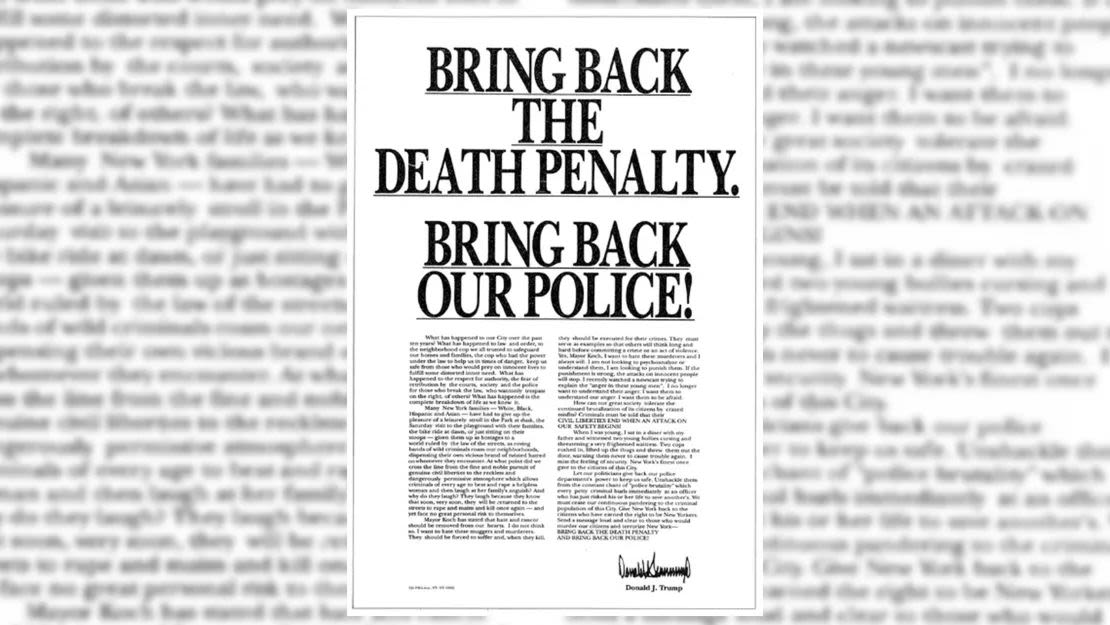( Spanish) – – During the debate on Tuesday, Harris responded to Trump’s attacks on her identity by exposing the former president’s history of racial discrimination and racist behavior, in what included the case of the Central Park Five.
The Central Park Five, as they are known, were five teenagers forced, amidst public uproar, to make incriminating statements that led to their being unjustly convicted of raping and assaulting a woman in New York’s Central Park.
On April 19, 1989, a 28-year-old Wall Street investment banker jogging through Central Park was raped and brutally beaten. She would have no recollection of the attack.
That same night, a group of black and Latino children were in the park, throwing rocks at cars and attacking people in a practice that the media and authorities of the time called “savage.”
An investigation led to the arrest of five teenagers accused of rampaging through the park in a “wolf pack” and attacking innocent victims. They were charged and convicted.
One of the men, Kharey Wise, served 13 years in prison. Kevin Richardson, Antron McCray, Yusef Salaam and Raymond Santana Jr. each served about seven years.
The victim, Trisha Meili, kept her identity hidden for 14 years until the publication of her book “I Am the Central Park Jogger.”
Three of the convicted youths had completed their prison sentences, one was on parole and the fifth was in jail for an unrelated crime when Matías Reyes, a serial rapist and killer in 2002, confessed to the crime and said he had acted alone.
SubsequentlyDNA analysis determined that Reyes raped the jogger and that the hair evidence used in the boys’ trials did not match.
Robert M. Morgenthau, the Manhattan district attorney at the time, ordered a new investigation, and on his recommendation, a judge vacated the convictions.
The Central Park Five were exonerated that same year.
In 2014, a settlement was reached between the city’s legal department and the five men for about $1 million per year of incarceration.
When the five young men were at the center of the investigation, Trump bought ads full-page advertisements that ran in several New York City newspapers that read, “Bring back the death penalty. Bring back our police!”

In a 1989 interview with Larry King, taken from the archives, Trump laid out his position, telling King, “Maybe hate is what we need if we want to get anything done.”
“I don’t see anything inciting, I’m strongly in favor of the death penalty,” Trump told King. “I’m also in favor of bringing back law enforcement that can do something instead of turning our backs on them because every quality lawyer that represents people in trouble, the first thing they do is start screaming police brutality, etc.”
“I’ve never done anything that has caused a more positive stir. I’ve received 15,000 letters in the last week and a half,” Trump continued. “I didn’t see more than two or three that came back negative out of 15,000. The ad is basically very strong and expressive, saying restore law and order. And I don’t just mean New York, I mean everything.”
After New York City reached a $41 million settlement with the five wrongfully convicted men in 2014, Trump wrote an op-ed in the New York Daily News calling the deal “a disgrace.”
















Add Comment